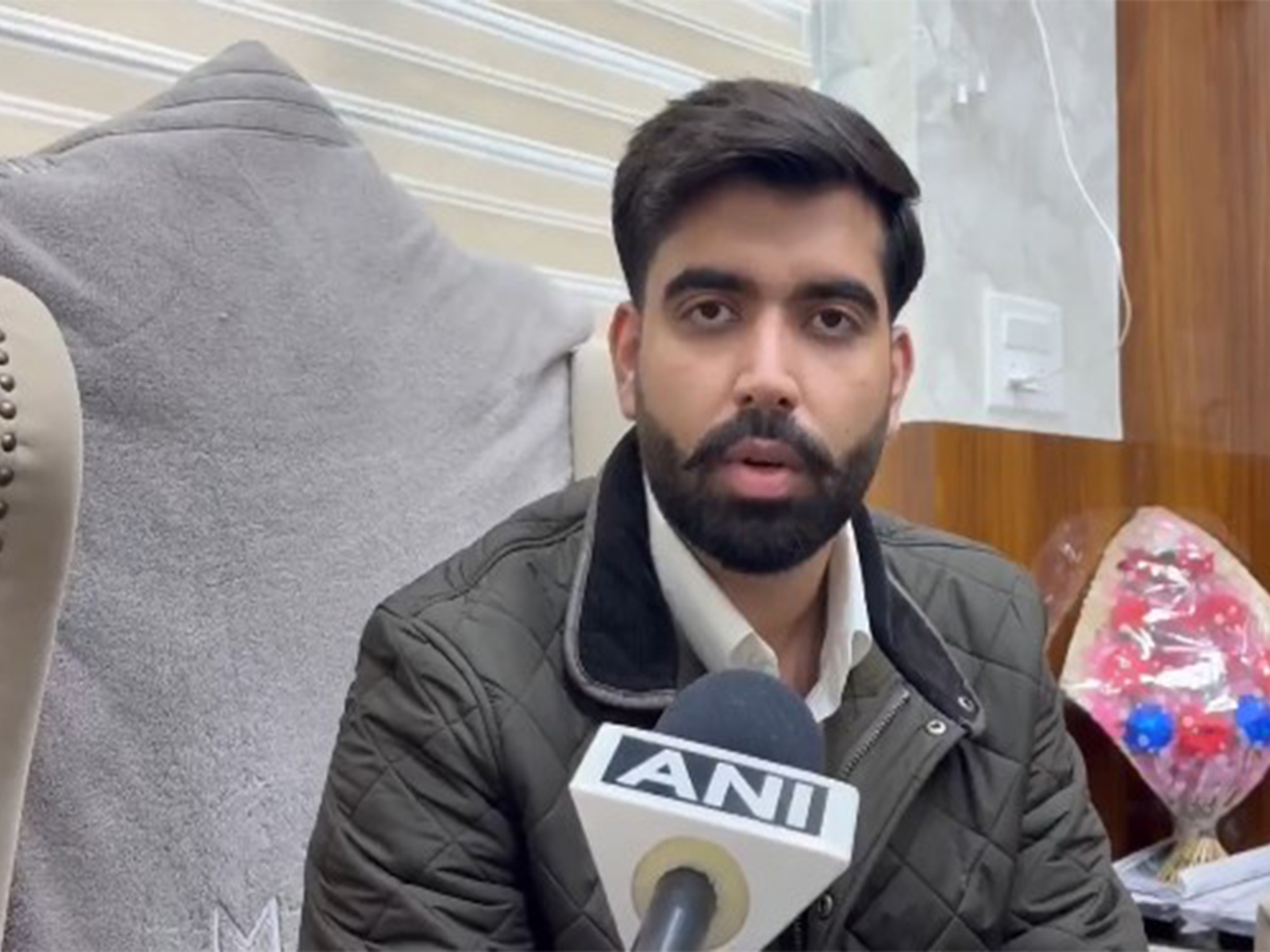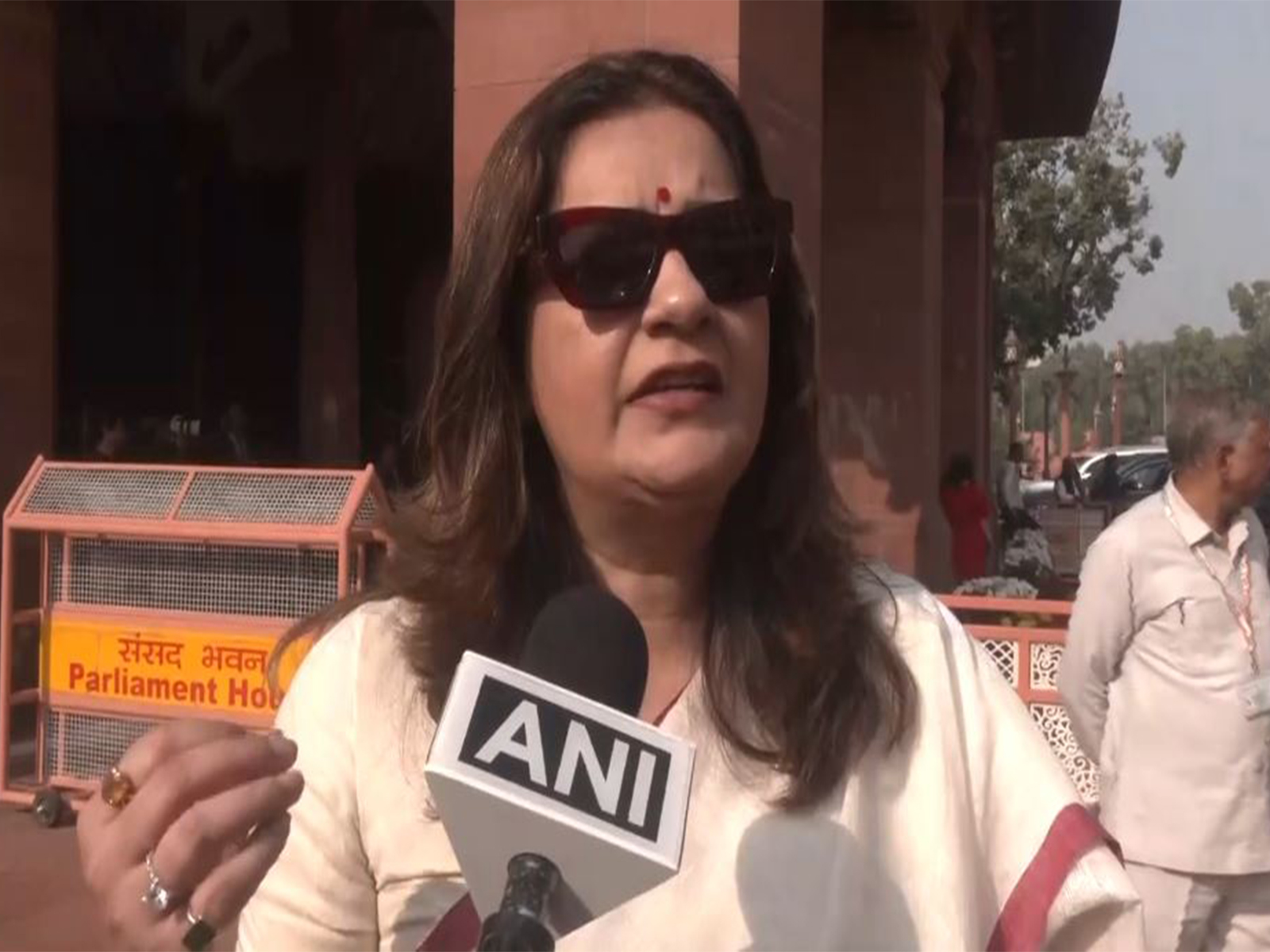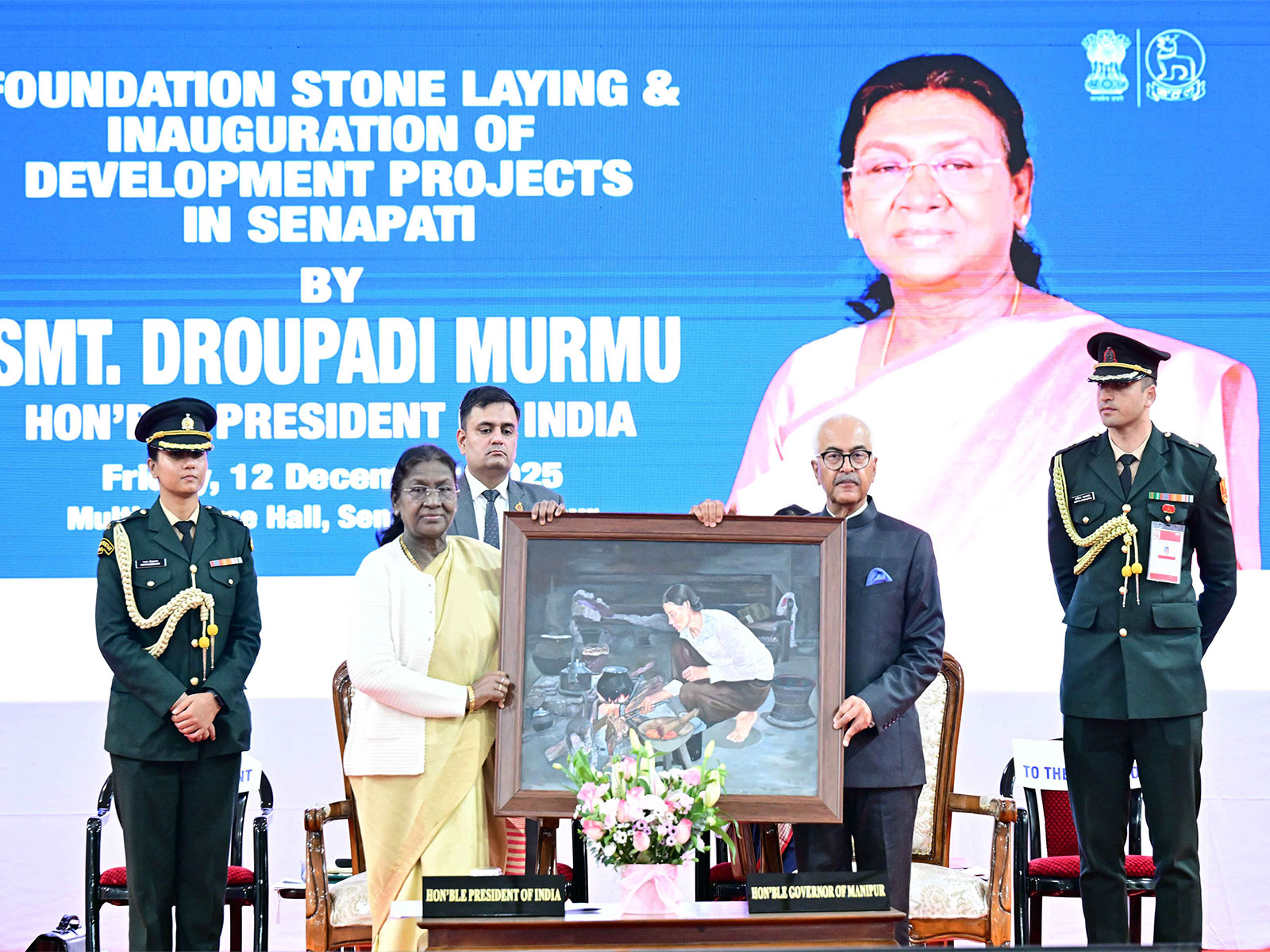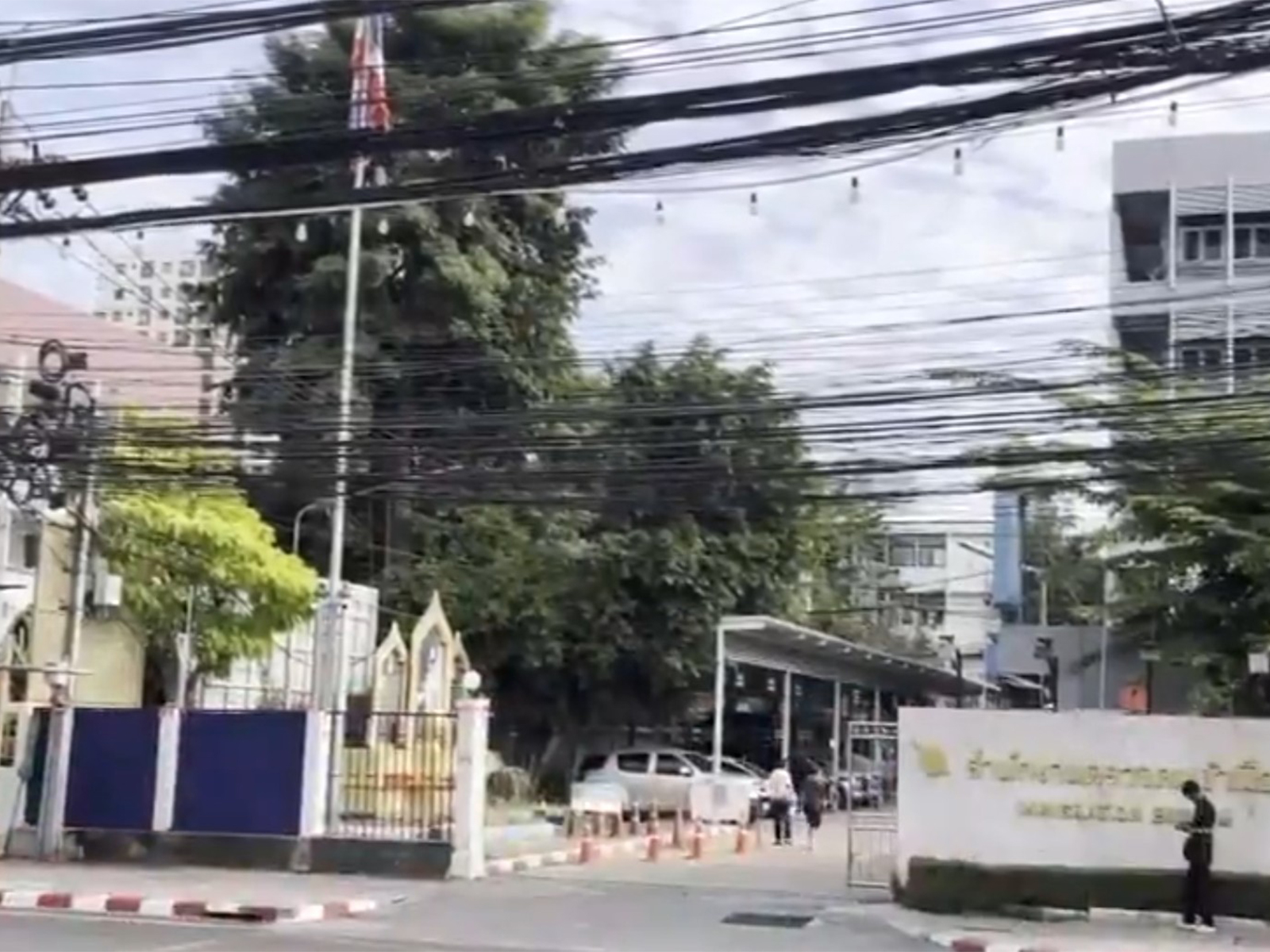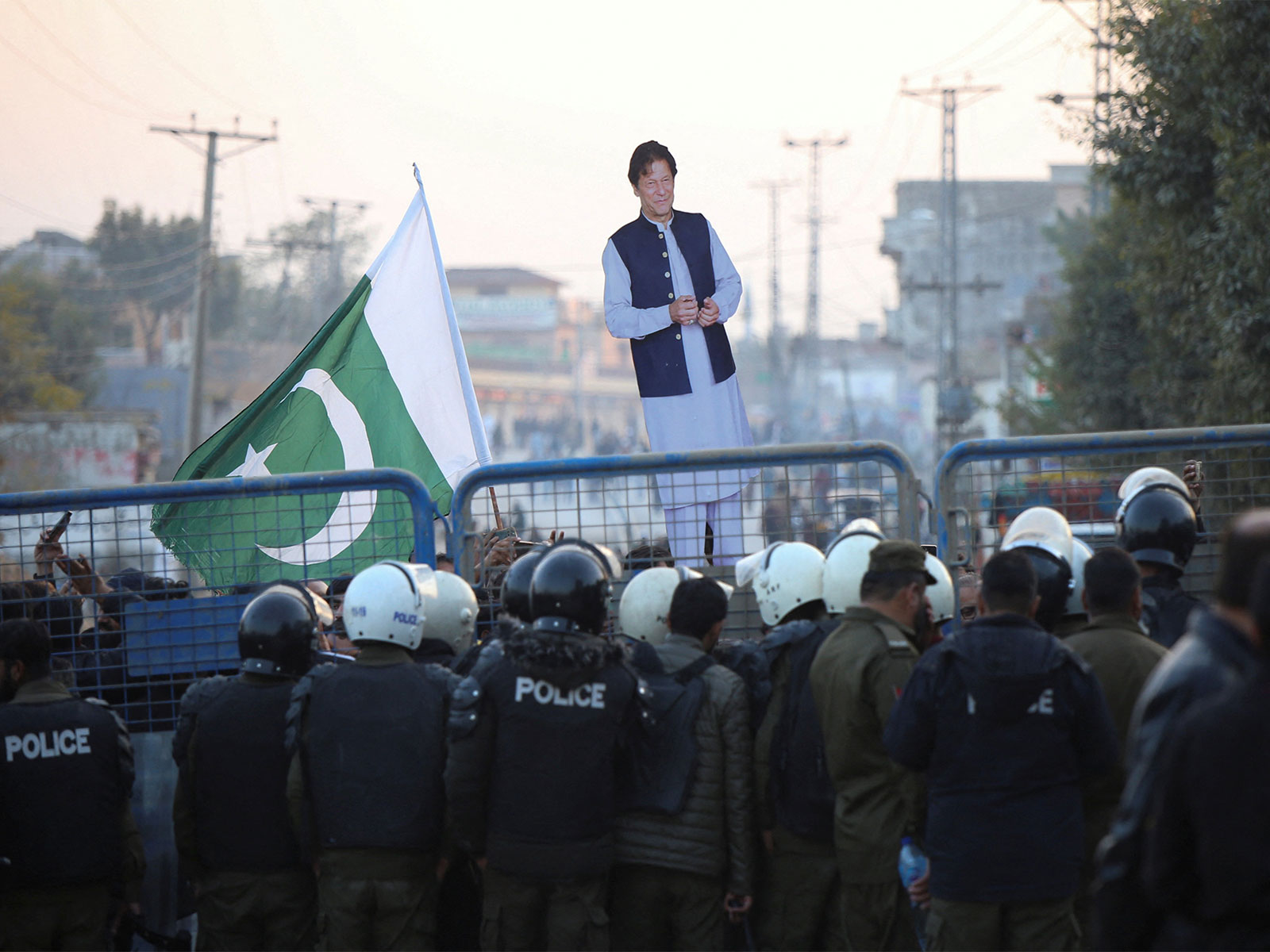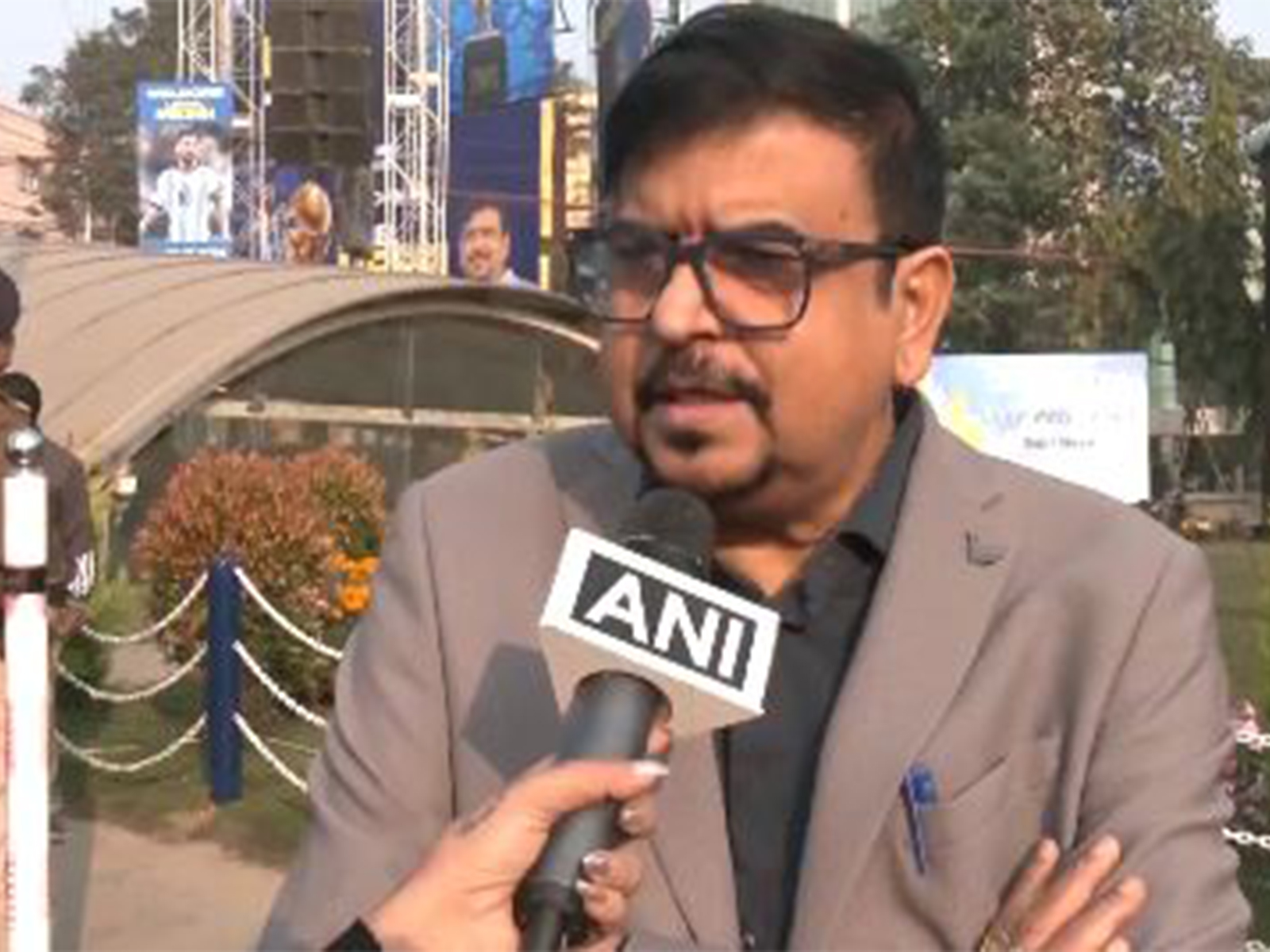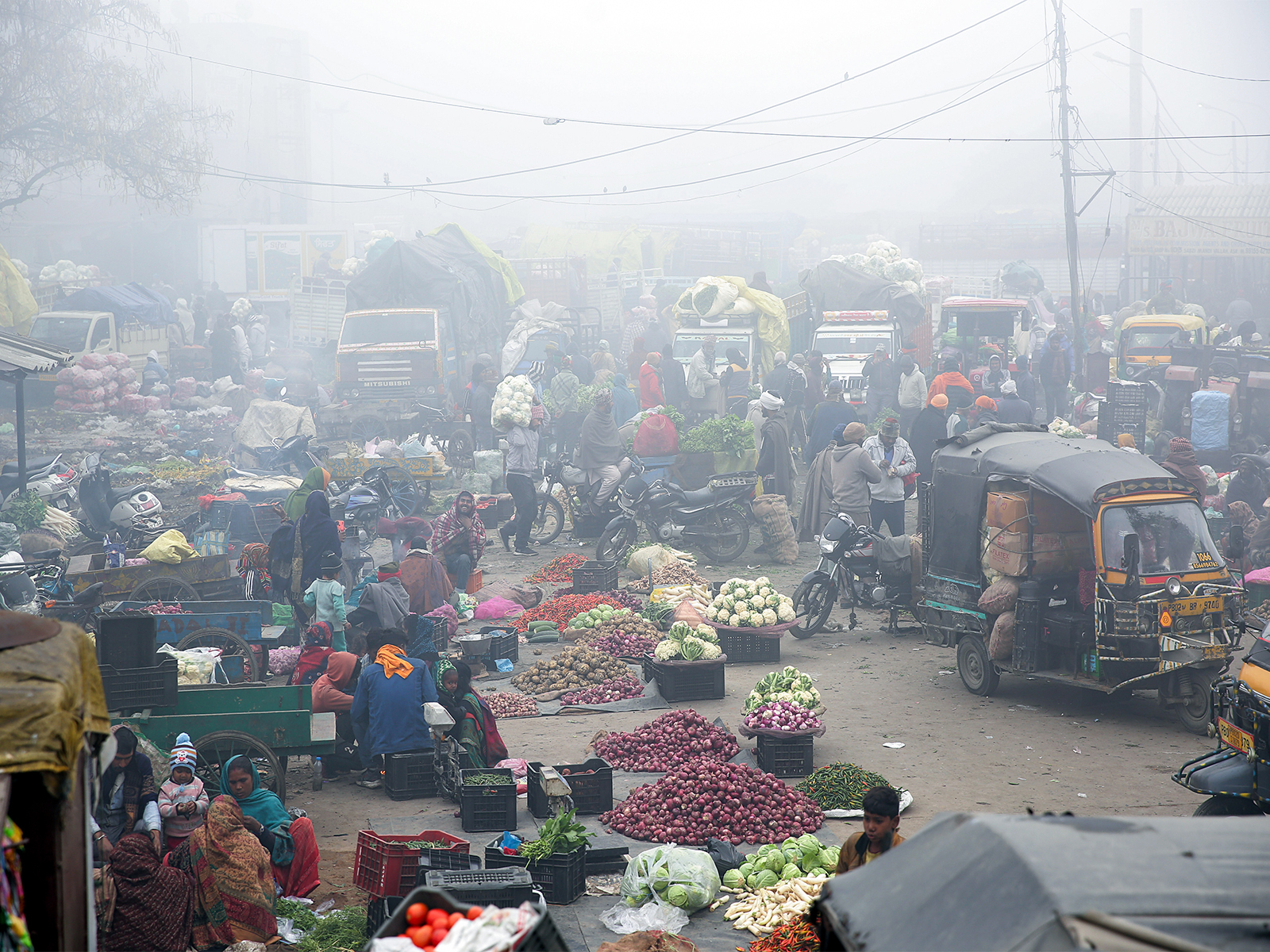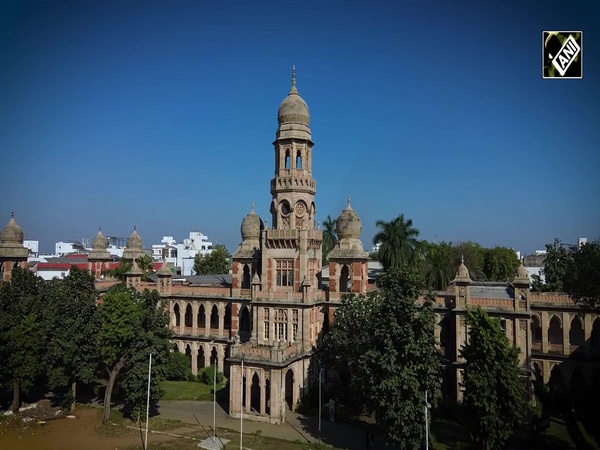Rohingyas are not refugees but infiltrators: VHP on govt decision to shift Rohingya refugees to EWS flats in Delhi
Aug 17, 2022

New Delhi [India], August 17 : A day after the central government announced its decision to shift Rohingya refugees to Economically Weaker Section (EWS) flats in New Delhi, the Vishwa Hindu Parishad on Wednesday condemned the move and said that the Rohingyas are not refugees but infiltrators and should be 'pushed out' of the country.
The VHP reaction came after the Union Minister for Housing and Urban Affairs Hardeep Singh Puri lauded the Centre's move of shifting refugees into flats in the national capital.
"We are shocked to see a statement of the Union Minister for Urban Development Hardeep Puri, terming the Rohingyas as refugees and allotting to them the EWS flats in Bakkarwala, Delhi. We might remind him that the statement made by Union Home Minister Amit Shah in Parliament on 10.12.2020 declaring that Rohingyas will never be accepted in India (Rohingya ko kabhi bhi sweekar nahi kiya jaega)," read a statement by VHP.
VHP chief Alok Kumar said that the Rohingyas were infiltrators.
"Rohingyas are not refugees but infiltrators had been the consistent stand of the Union of India including in its affidavit filed in the Hon'ble Supreme Court. The fact that the Hindu refugees from Pakistan continue to live in abysmal sub-human conditions in Majnu-ka-Tila area of Delhi makes the bounty proposed to be conferred on the Rohingyas all the more deplorable," Kumar said.
The VHP also urged the central government to reconsider the issue.
"Instead of providing the Rohingyas with housing, make arrangements to send them back and out of India," the statement added.
Earlier, Union minister Puri hailed the decision and tweeted "India has always welcomed those who have sought refuge in the country. In a landmark decision all #Rohingya #Refugees will be shifted to EWS flats in Bakkarwala area of Delhi. They will be provided basic amenities, UNHCR IDs & round-the-clock @DelhiPolice protection."
The story was first reported by ANI on Tuesday.
Around 1,100 Rohingyas staying in tents will be shifted into flats equipped with basic facilities and round-the-clock security.
The decision has been taken after a high-level meeting over the accommodation of Rohingyas in the national capital was held. The meeting was chaired by the Chief Secretary of Delhi and was attended by senior officials of the Delhi government, Delhi Police and Ministry of Home Affairs.
In the meeting that was held during the last week of July, it was emphasised that the Delhi government was bearing around Rs 7 lakh per month rent for the tents where Rohingyas were shifted in the Madanpur Khadar area after a fire incident happen in the camp where they were living.
These refugees will now be shifted to New Delhi Municipal Council (NDMC) flats in Bakkarwala village of Outer Delhi. There is a total of 250 flats belonging to the EWS category where all 1,100 Rohingyas, currently residing in the Madanpur Khadar camp, will be accommodated," said a senior official.
In the meeting, Delhi Police were instructed to provide security to the premises where these flats are located and the Social Welfare department of the Delhi Government had been ordered to ensure basic facilities like a fan, three meals, landline phone, television and recreational facilities in the new campus.
Delhi government has been ordered to equip the flat with basic amenities and hand it over to FRRO (Foreign Regional Registration Offices) which will felicitate the shifting of Rohingyas into these flats.
During COVID, NDMC had provided these flats in the Bakkarwala area to the Delhi government for isolation of suspected cases of coronavirus infection. All Rohingyas who will be shifted to these flats hold the unique ID of the United Nations High Commissioner for Refugees (UNHCR) and their details are on record.
Rohingya Muslims are described by the United Nations as the most persecuted minority in the world. They fled their homes in 2017 to escape an alleged crackdown by Myanmar's military.
To escape discrimination and violence in Myanmar, minority Rohingya Muslims have for decades fled from the Buddhist-majority country to neighbouring Bangladesh and other countries, including India.
In spite of not being a party to the 1951 Refugee Convention and its 1967 Protocol, India has been one of the largest recipients of refugees in the world.
